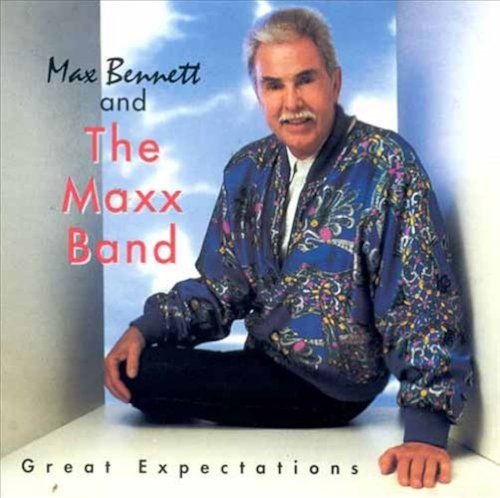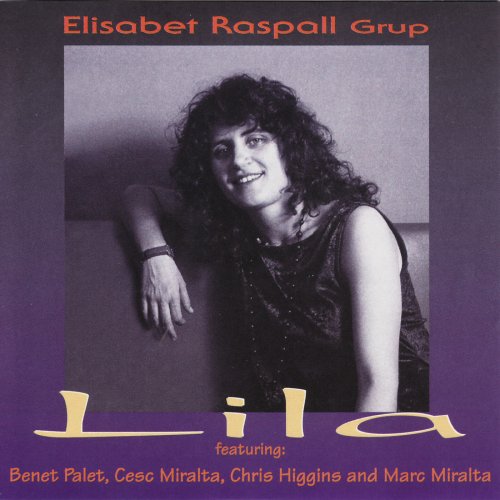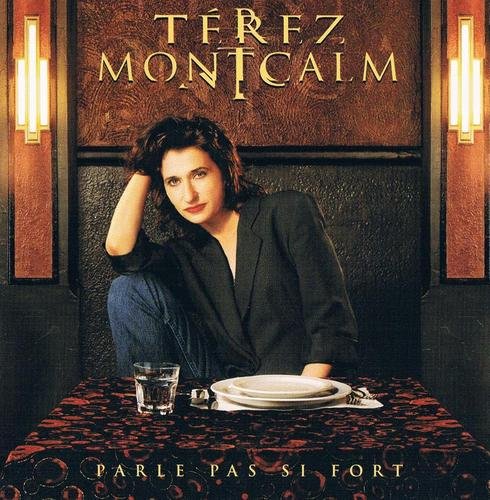English Baroque Soloists, John Eliot Gardiner - J.S.Bach Brandenburg Concertos (2009)
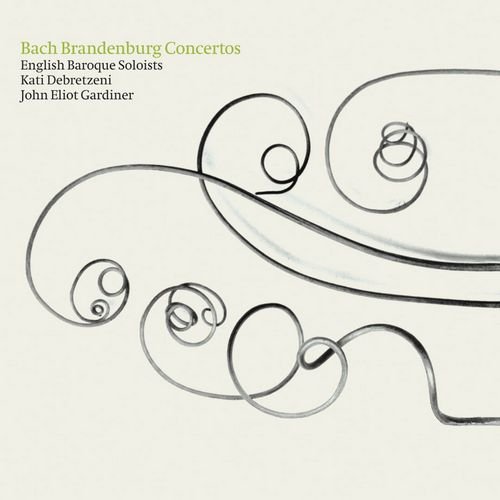
Artist: English Baroque Soloists, John Eliot Gardiner
Title: J.S.Bach - Brandenburg Concertos
Year Of Release: 2009
Label: Soli Deo Gloria
Genre: Classical
Quality: FLAC (image+.cue,log,scans)
Total Time: 02:52:14
Total Size: 537 Mb
WebSite: Album Preview
Tracklist: Title: J.S.Bach - Brandenburg Concertos
Year Of Release: 2009
Label: Soli Deo Gloria
Genre: Classical
Quality: FLAC (image+.cue,log,scans)
Total Time: 02:52:14
Total Size: 537 Mb
WebSite: Album Preview
СD 1:
Brandenburg Concerto No. 1 in F major, BWV 1046
01. (Allegro)
02. Adagio
03. Allegro
04. Menuet
05. Trio I
06. Menuet
07. Polonaise
08. Menuet
09. Trio II
10. Menuet
Brandenburg Concerto No. 2 in F major, BWV 1047
11. (Allegro)
12. Andante
13. Allegro Assai
Brandenburg Concerto No. 3 in G major, BWV 1048
14. (Allegro)
15. Adagio
16. Allegro
CD 2:
Brandenburg Concerto No. 4 in G major, BWV 1049
01. Allegro
02. Andante
03. Presto
Brandenburg Concerto No. 5 in D major, BWV 1050
04. Allegro
05. Affettuoso
06. Allegro
Brandenburg Concerto No. 6 in B flat major, BWV 1051
07. (Allegro)
08. Adagio, Ma Non Tanto
09. Allegro
Performers:
English Baroque Soloists
John Eliot Gardiner, conductor
Listeners who like their period performances of the music of J.S. Bach to be played as fast as possible will rejoice at John Eliot Gardiner's quicksilver set of the Brandenburg Concertos with the English Baroque Soloists, because his need for speed is fully indulged here. Gardiner's electrifying tempos almost push his musicians to their capacity for quickness and accuracy, and perhaps a bit too much for comfort. For listeners, it may take sitting through the entirety of the Brandenburg Concerto No. 1, and perhaps even part of the Brandenburg Concerto No. 2, to acclimatize to the briskness and to get used to the staccato accentuation. But if this kind of high-energy playing appeals -- and there are undoubtedly fans of this super-brisk style of performing Baroque music -- then the set will be appreciated for its other authentic features. Gardiner keeps his forces lean and the instrumentation appropriate to its era, and ornamentation and other liberties of interpretation are in keeping with the best scholarship. This is definitely a historically informed set of the Brandenburgs, which counterbalances any number of other ahistorical performances of the past, which presented these concertos with sluggish tempos, modern instruments, and large string and wind sections that were far from nimble. Gardiner's approach is challenging and bracing, so this set should certainly be heard by anyone who studies these popular works. Whether one can embrace them fully is another matter, but they are definitely ear-opening experiences.

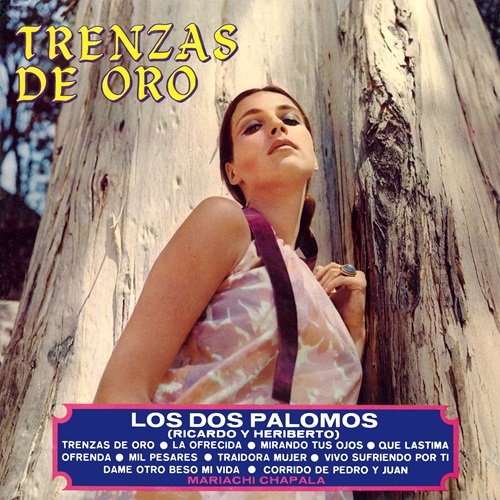
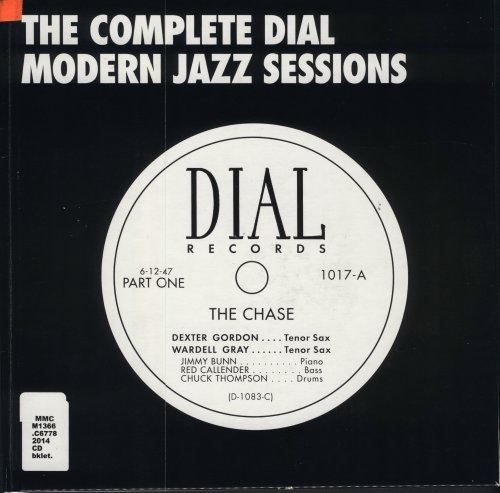

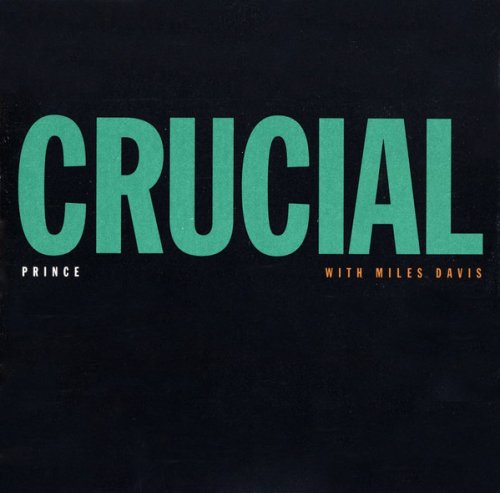
![Organic Pulse Ensemble - Bamboo Noodles (2025) [Hi-Res] Organic Pulse Ensemble - Bamboo Noodles (2025) [Hi-Res]](https://www.dibpic.com/uploads/posts/2026-01/1767515726_l8l51uoc94s2b_600.jpg)
